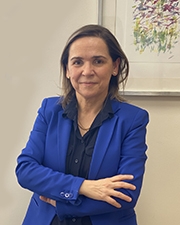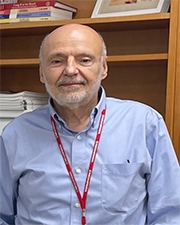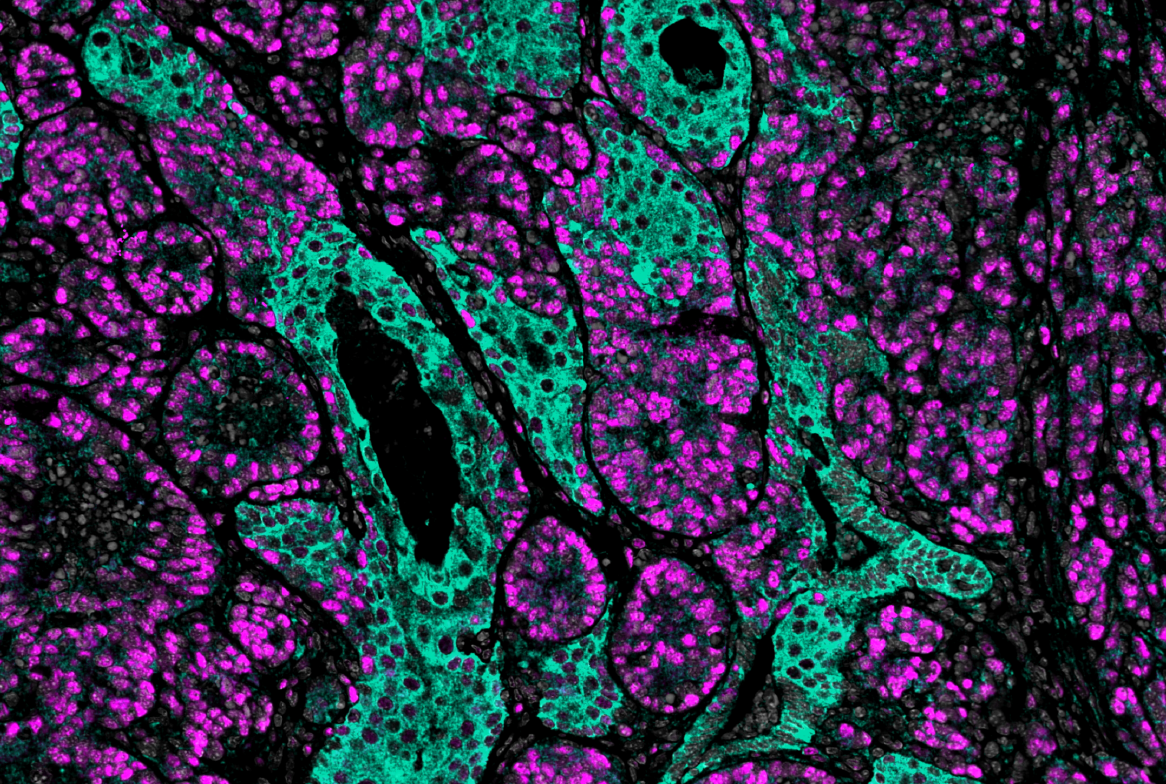An enzyme called EZH2 has an unexpected role in driving aggressive tumor growth in treatment-resistant prostate cancers, according to a new study by scientists at Weill Cornell Medicine. The results could potentially lead to new therapies for patients with limited options and add to the significant progress the teams have made in understanding how advanced prostate cancer develops resistance to treatments that target androgen receptors.
Prostate cancer is a leading cause of cancer-related death in men, claiming over 30,000 lives annually in the United States. While most prostate cancers initially respond to androgen receptor-blocking therapies, some tumors evolve into a highly aggressive, treatment-resistant form known as neuroendocrine prostate cancer, which no longer relies on androgen signaling and is therefore difficult to treat. Understanding this transition has become a priority for researchers and clinicians.
The new study, led by Drs. Maria Diaz-Meco and Jorge Moscat, both Homer T. Hirst III Professors of Oncology in Pathology and members of the Sandra and Edward Meyer Cancer Center at Weill Cornell Medicine, and published Nov. 20 in Nature Communications, found that the absence of a protein called PKCλ/ι in prostate cancer cells enables EZH2 to drive aggressive growth, even with androgen receptor inhibitors present. Normally, PKCλ/ι limits EZH2’s activity. However, in PKCλ/ι-deficient cells treated with androgen receptor inhibitors, an alternative form of EZH2 is produced that has a different function. Instead of repressing tumor-suppressor genes, this form of EZH2 drives rapid protein production and activates growth factors like TGF-β, fostering an environment around the tumor that promotes cancer progression despite androgen receptor inhibition.

Dr. Maria Diaz-Meco
“This study reveals a critical mechanism behind treatment resistance in prostate cancer, suggesting new therapeutic approaches,” said Dr. Diaz-Meco. “By understanding EZH2’s role in this context, we may be able to re-sensitize tumors to androgen receptor inhibitors or make the cancer newly vulnerable to targeted treatments, such as immunotherapies.”
In preclinical studies, the team targeted EZH2’s alternative activities to assess potential treatment solutions. They found that inhibiting either protein synthesis or the TGF-β pathway effectively reversed resistance in PKCλ/ι-deficient cancer cells. Blocking EZH2’s alternative function restored sensitivity to androgen receptor therapies like enzalutamide. Furthermore, since TGF-β is associated with immune suppression in tumors, inhibiting this pathway could enhance immunotherapy effectiveness, a treatment with limited success against prostate cancer alone.
The researchers noted that the absence of PKCλ/ι creates a unique vulnerability in cancer cells, suggesting that combining EZH2 inhibitors with AR-targeted therapies could significantly inhibit tumor growth. However, they caution that the inhibition of EZH2 in tumors with high levels of PKCl/i can sometimes counteract therapeutic effects, underscoring the need for precisely tailored treatments for patients with reduced PKCl/i levels. Given the complexity of the EZH2 pathway, achieving a careful balance is essential to avoid reversing treatment benefits.

Dr. Jorge Moscat
This research lays the groundwork for clinical trials combining androgen receptor inhibitors with EZH2 or TGF-β inhibitors for patients with therapy-resistant prostate cancer characterized by PKCλ/ι deficiency. Targeting these pathways offers hope not only to overcome AR resistance but also to broaden treatment options for this challenging form of cancer.
Dr. Moscat emphasized the collaborative efforts behind this study, building on previous findings about PKCλ/ι’s role in cancer progression. The study’s co-first authors are postdoctoral researcher Dr. Shankha Chatterjee, instructor Dr. Juan Linares, postdoctoral researcher Dr. Tania Cid-Diaz, and assistant professor of research in pathology and laboratory medicine Dr. Angeles Duran, all members of the Moscat and Diaz-Meco laboratories.
Many Weill Cornell Medicine physicians and scientists maintain relationships and collaborate with external organizations to foster scientific innovation and provide expert guidance. The institution makes these disclosures public to ensure transparency. For this information, please see profiles for Dr. Jorge Moscat and Dr. Maria Diaz-Meco.
The research reported in this story was supported by grants from the National Cancer Institute and the National Institute of General Medical Sciences, both part of the National Institutes of Health, under award numbers R01CA246765, R01CA277857, R01CA265892, R01CA250025, R01CA275846, R50CA283476, R50CA265332, R01CA230913, P50CA211024, R37CA230617, R01CA276308, R01GM135362.
Source: WCM Newsroom, 11/20/24


